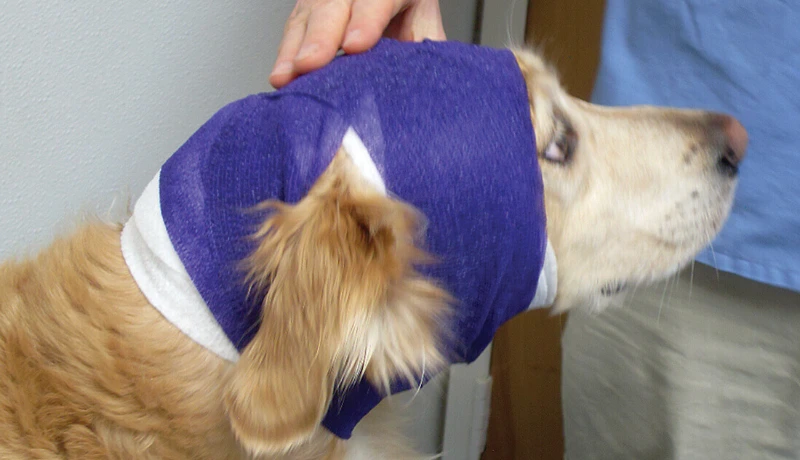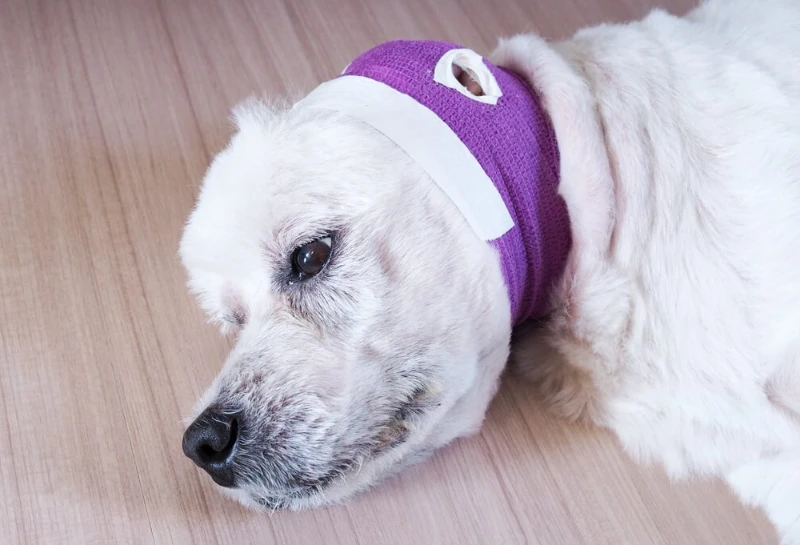
It can be frustrating and painful to have a dog with swollen ear flaps. These ear infections can be caused by ear mites or other external problems. In order to treat an ear flap that is swollen, you need to deal with the underlying cause. As a result, the bruise will be less likely to recur.
The most common cause of an ear bruise is intense scratching or head shaking. Head shaking causes blood vessels to burst, causing swelling in the ear flap. Ear bruises are often associated with ear infections. An antibiotic is usually prescribed to treat an ear infection. Your veterinarian may prescribe oral or topical antibiotics, ear drying solutions, or topical antifungals based on the infection.
A dog's skin allergy can be classified as a skin allergy, while an ear allergy is categorized as an ear allergy. If your dog scratchs excessively, you should see a veterinarian. You may also need to visit the veterinarian if you notice that your dog has a smelly ear.
Dogs can suffer from ear bruising on the outside of the ear flap, but they are not as painful as blood blisters. A swollen ear flap can feel warm and soft, and swells can be red or blue.

Often, a swollen ear flap feels like a small balloon that has been partially filled. In needle aspiration, a small drain is attached to a thin needle inserted into the hematoma. A veterinarian may also prescribe oral steroids to combat inflammation. Steroid injections may also be prescribed depending on the underlying problem. This method is usually very inexpensive and simple.
If your dog has a swollen ear flap, you may be tempted to try home remedies. However, these remedies may cause unwanted side effects and may not provide the best results. Dogs can be toxicated by Tylenol, for example. Keeping your dog's ears clean and wax-free is also important. Other remedies include green tea, apple cider vinegar, and oil of oregano.

Your dog's ears should also be protected from scratching. An Elizabethan collar can help prevent your pet from scratching his or her ears. This will also help to reduce the trauma caused by head shaking. Elizabethan collars fit over your dog's head and are designed to prevent them from scratching.
An ear flap that is swollen in a dog can cause pain, discomfort, and bleeding. A hematoma can also be difficult to locate. Most veterinarians believe that head shaking is the cause of ear bruising. Nevertheless, a systemic problem may also be to blame. This is why a veterinarian should be consulted. Your dog's ear flap will also be less likely to bruise if it is clean and free of ear wax.


